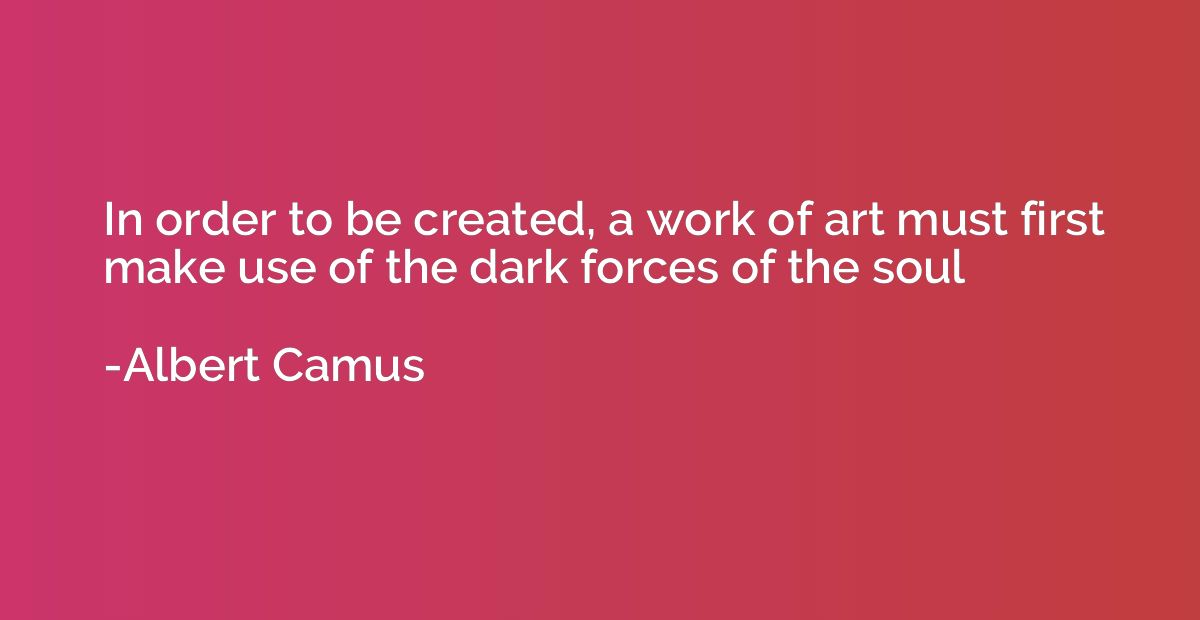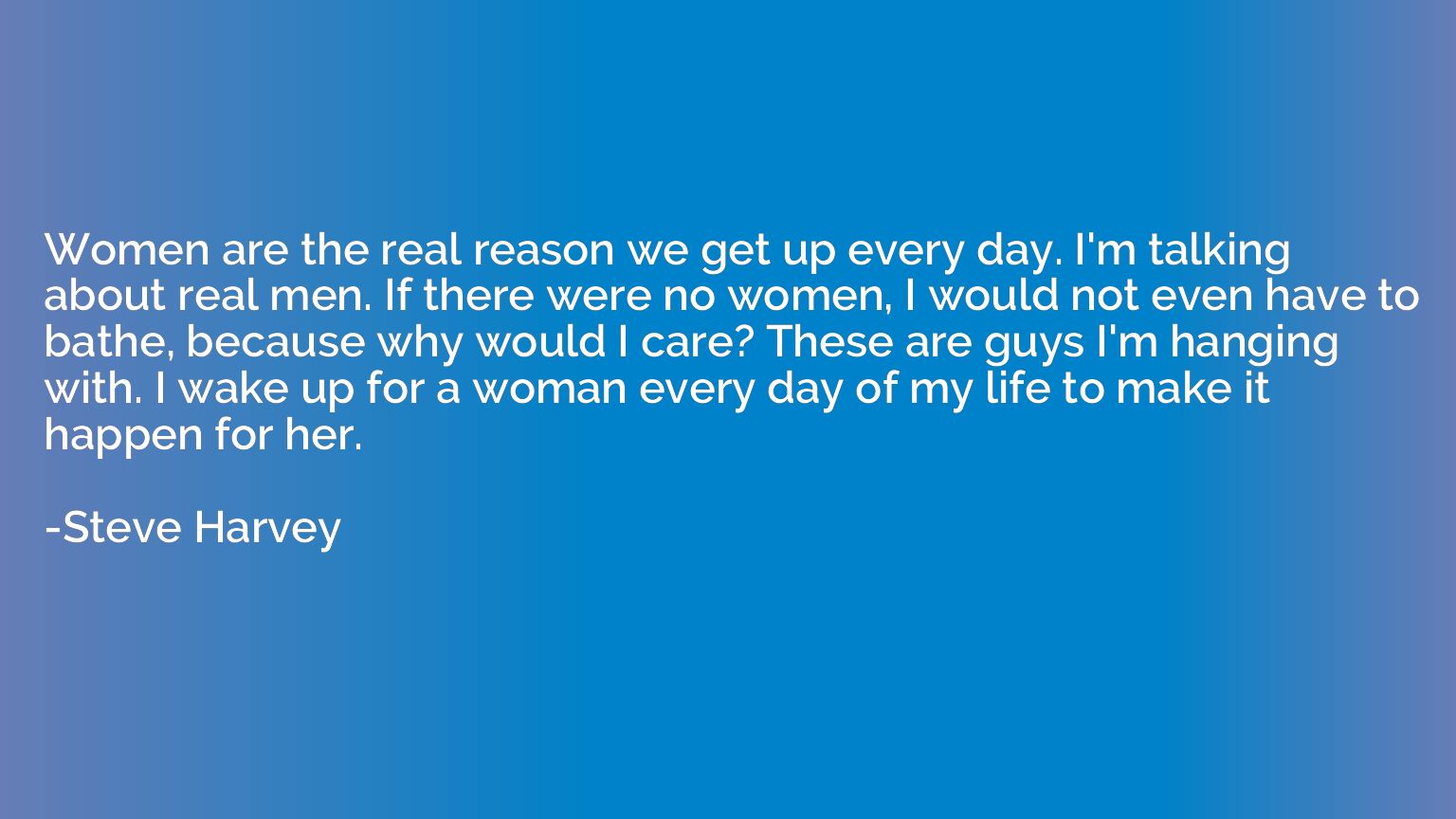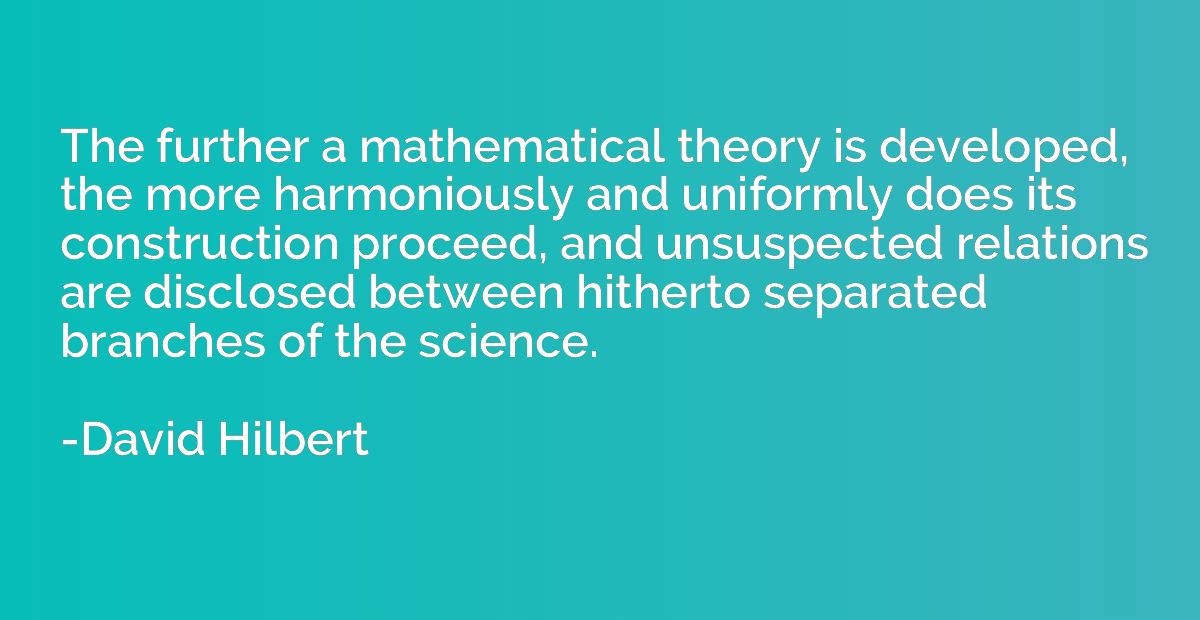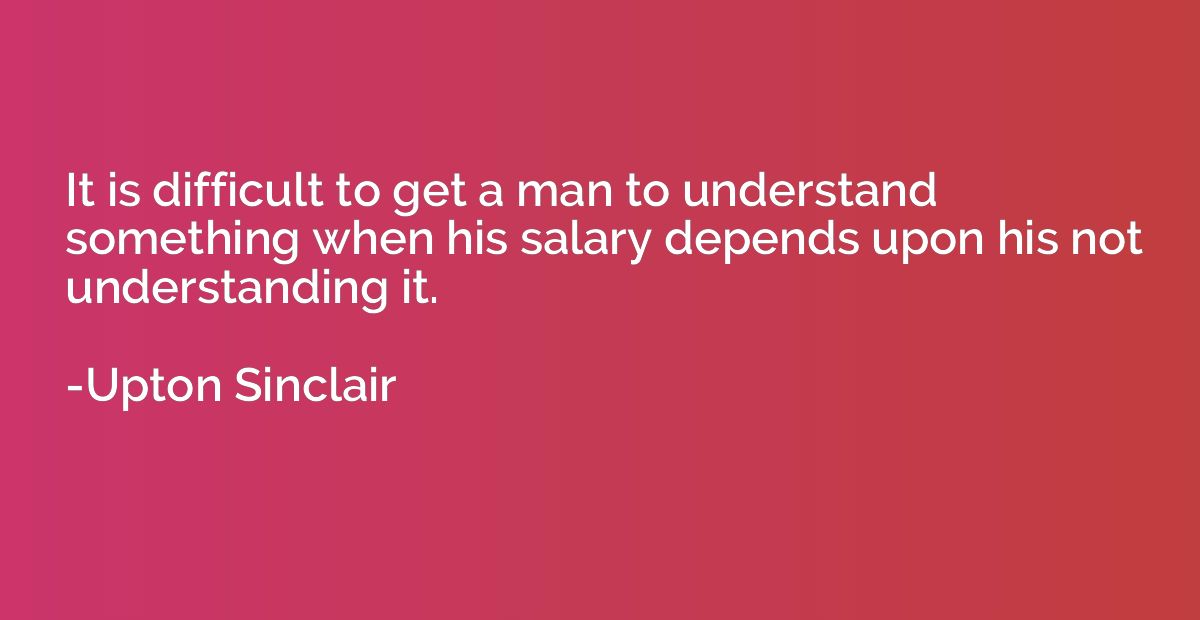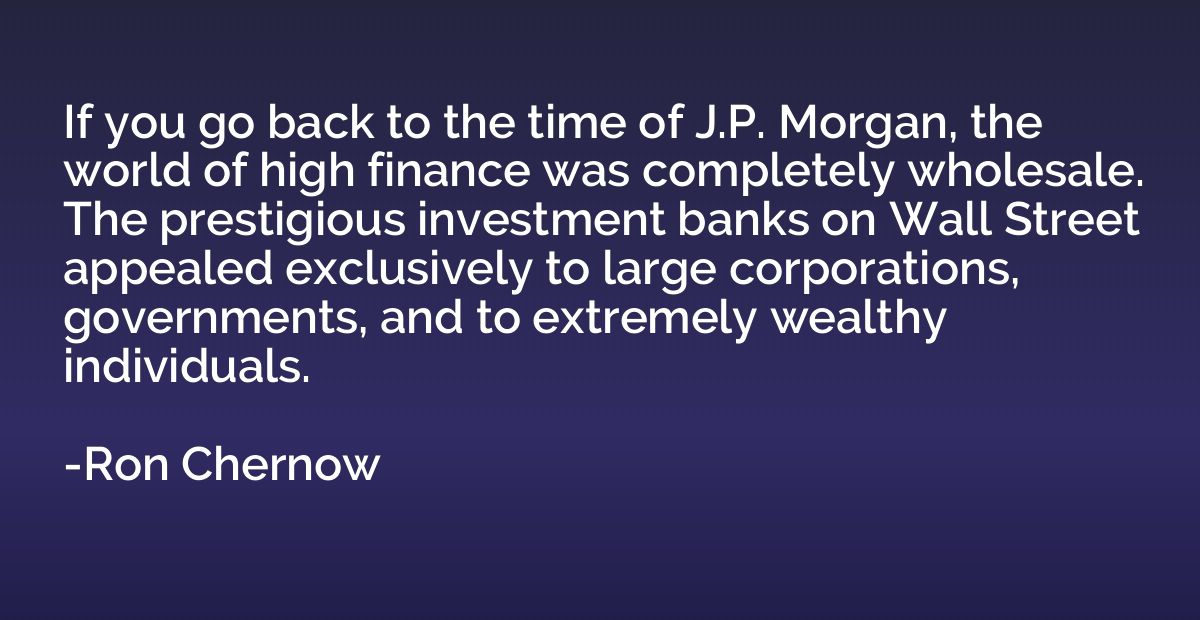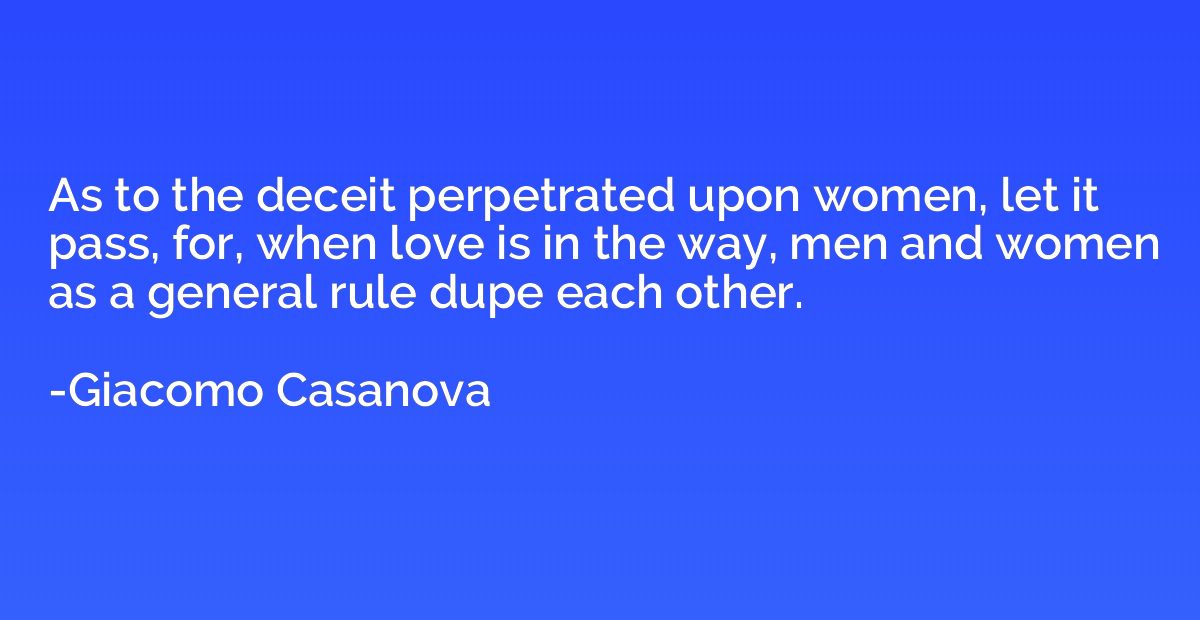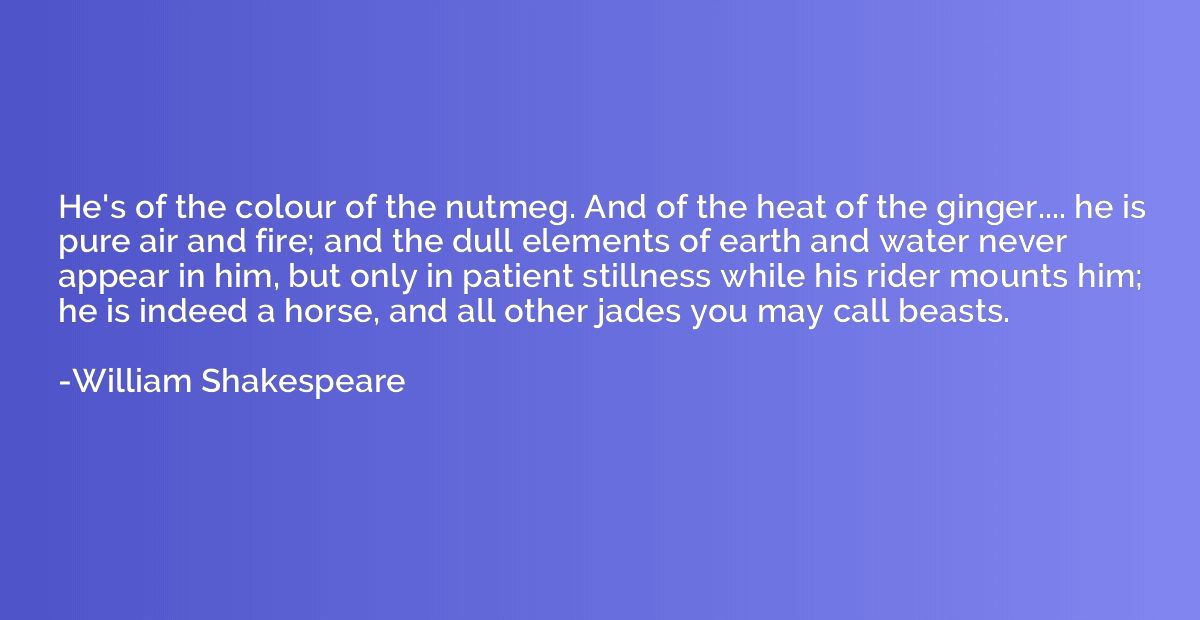Quote by Kim Stanley Robinson
If the amount of money going into the war economy were invested in landscape restoration, we would be in a far more positive position. It may get a little dire before we pull together, but I think when the prosperous nations, and in particular the U.S., realize they're wrecking their own kids' lives, there will be a mass change in value.
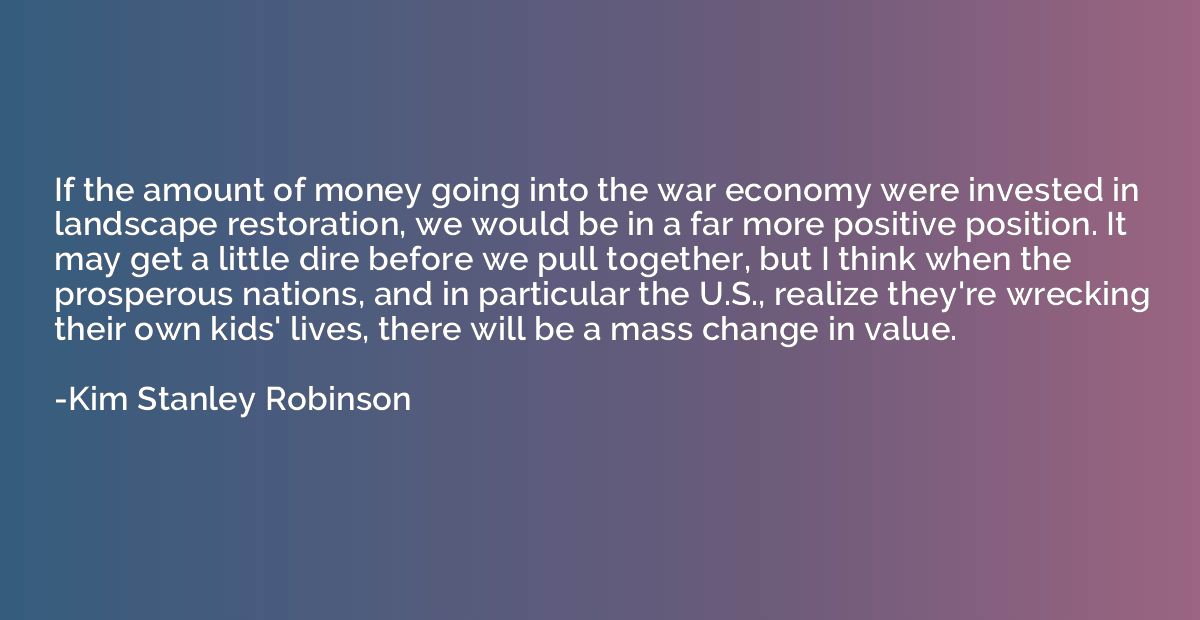
Summary
This quote suggests that if the funds invested in the war economy were directed towards landscape restoration instead, it would have a more beneficial impact. The quote implies that currently, nations, especially the prosperous ones like the U.S., prioritize warfare over future generations' well-being. However, it predicts that once these nations recognize the destructive consequences of their actions on their own children's lives, a significant shift in values will occur, leading to a collective change towards prioritizing investments in the betterment of the environment.



